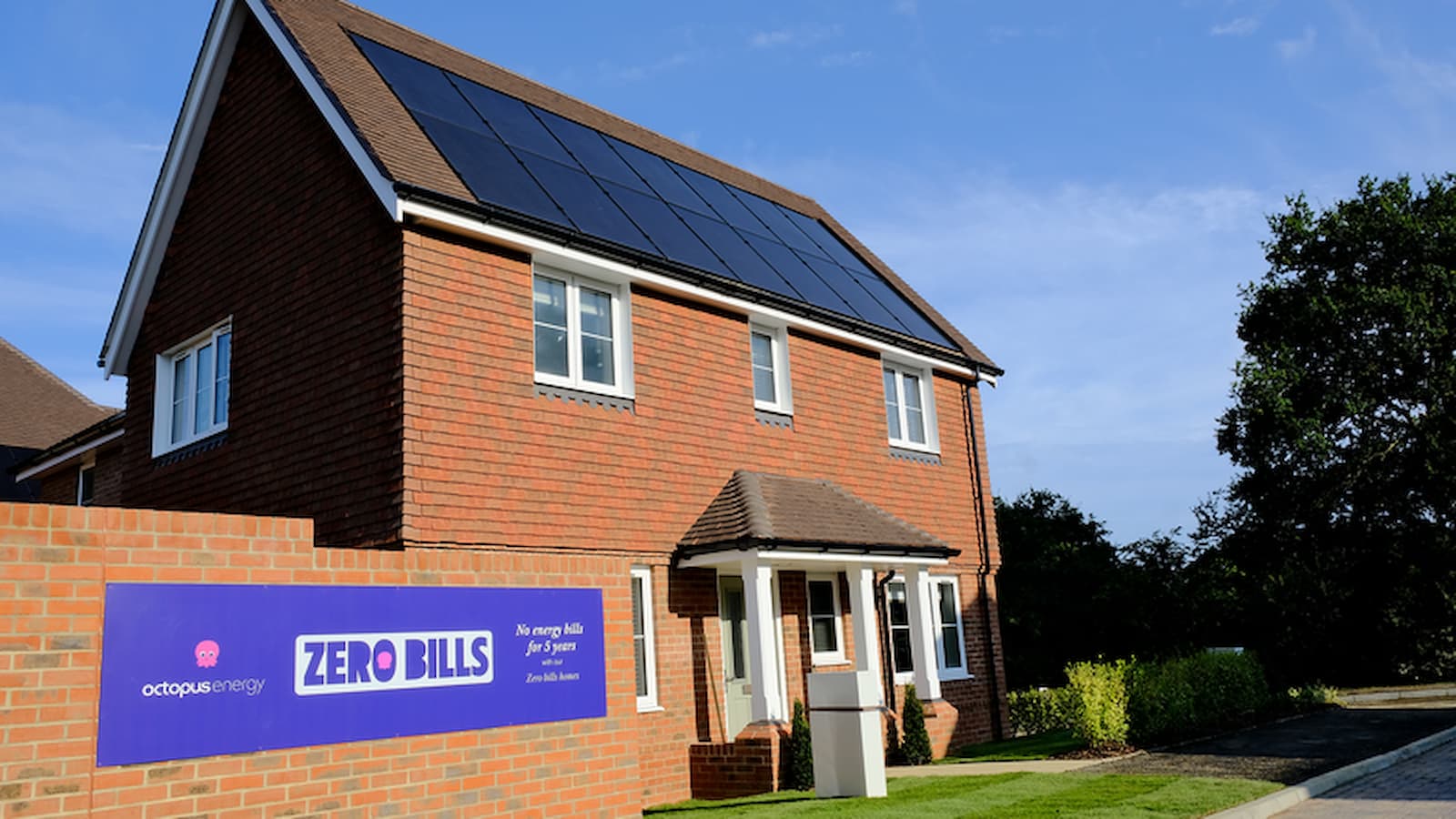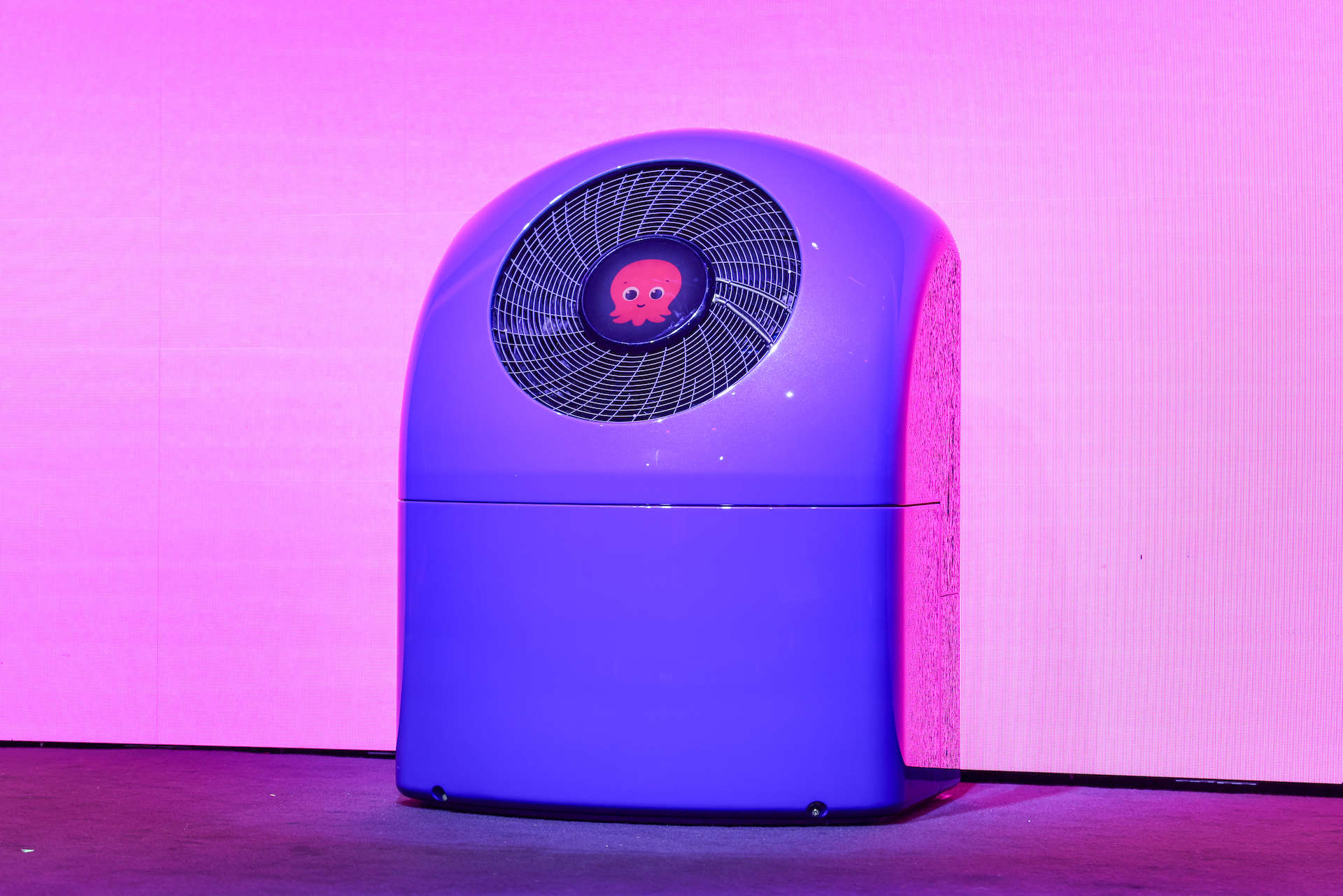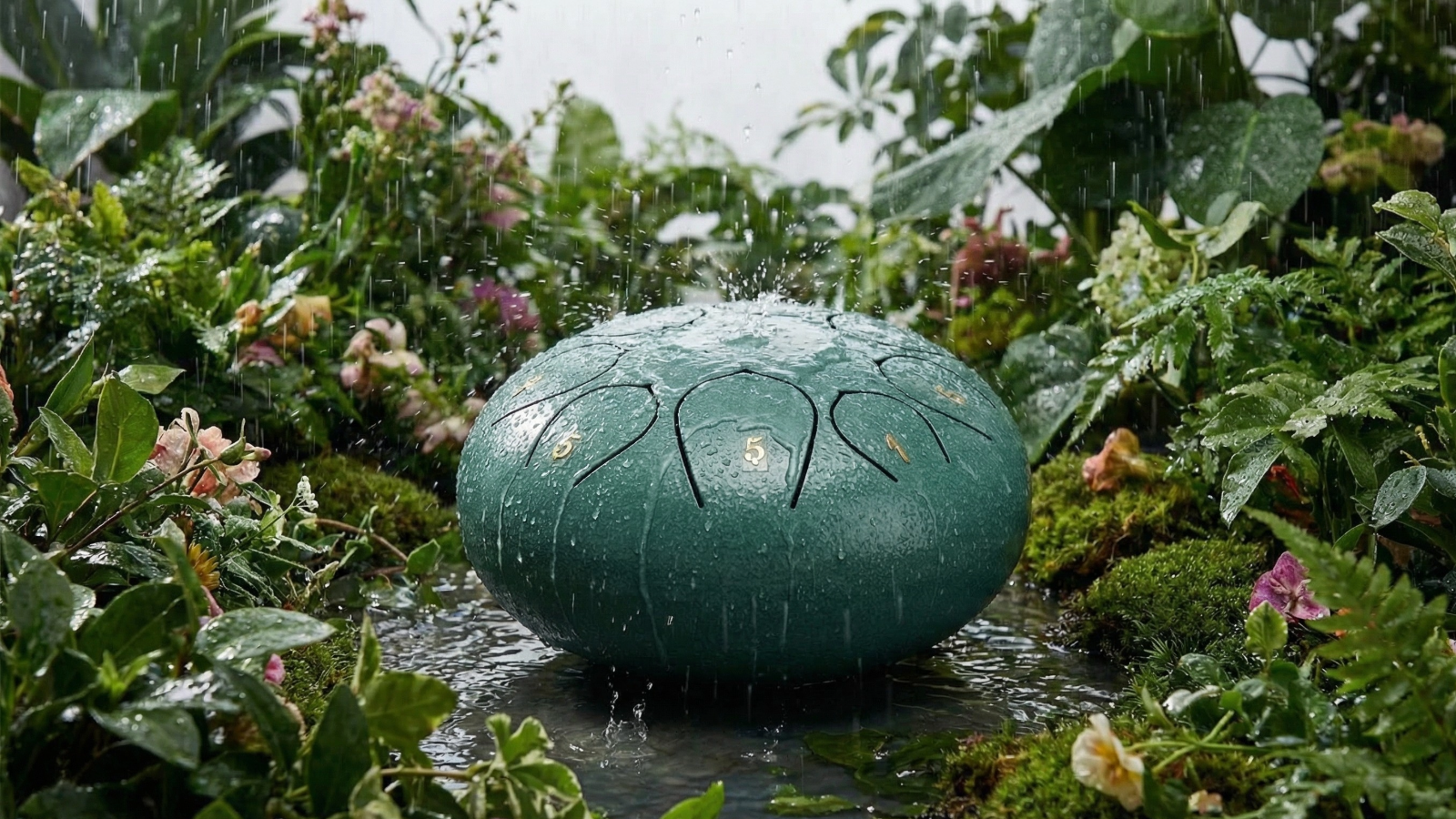Octopus Energy Zero Bills homes: What they are and how they work
Octopus Energy Zero Bills homes could offer homeowners the chance to not pay energy bills for the next 5 to 10 years

Bring your dream home to life with expert advice, how to guides and design inspiration. Sign up for our newsletter and get two free tickets to a Homebuilding & Renovating Show near you.
You are now subscribed
Your newsletter sign-up was successful
Octopus Energy's Zero Bills homes scheme is offering potential homeowners the chance to avoid paying any energy bills for 5 to 10 years by using green technology.
The "Zero Bills" homes are equipped with solar panels, heat pumps and smart energy systems, providing 10 MWh of free electricity annually – enough to meet the energy needs of a well-insulated property.
As we continue to see energy price rises, this scheme could offer financial relief, with plans to roll out to 100,000 homes across the UK. This article examines how it works, how much electricity is available, and who could benefit.
What are Octopus Energy's 'Zero Bills' homes?
'Zero Bills' homes are properties designed and equipped to operate without traditional energy bills. They are fitted with state-of-the-art green technology that generates and manages their energy needs, including: heat pumps, solar panels, solar batteries and smart meters.
The homes are also designed with high levels of insulation to reduce energy consumption. Octopus Energy claims that homeowners will not pay energy bills for 5 to 10 years, depending on the home, under its Zero Energy pricing plan.
How do 'Zero Energy' bills work?
The 'Zero Bills' concept operates by ensuring that the homes generate most, if not all, of their own energy through solar panels and other green technologies.
Any surplus energy generated is stored in home batteries or fed back into the grid to balance the overall energy system.
Bring your dream home to life with expert advice, how to guides and design inspiration. Sign up for our newsletter and get two free tickets to a Homebuilding & Renovating Show near you.
Octopus Energy uses its advanced technology platform, Kraken, to manage and optimise the home's energy production and consumption. This aims to ensure that:
- Homes consume energy when it is cheapest or greenest, helping reduce reliance on non-renewable sources.
- The homes are optimised to use less energy through advanced insulation and efficient technologies, meaning most will stay under the free energy threshold.
Residents receive 10 megawatt-hours (MWh) of free electricity annually, which Octopus estimates will cover the energy needs of a well-insulated three-bedroom house. Any energy use beyond that limit will be charged at regular rates.
How much free electricity do you get?

Each 'Zero Bills' home is allocated 10 megawatt-hours (MWh) of free electricity per year.
While the average UK household uses approximately 14.2 MWh annually, these homes are designed to be highly efficient, consuming around 6 MWh a year.
This lower consumption is made possible by features like solar panels and heat pumps. If the household uses more than the allocated 10 MWh, they will be charged for the extra energy. Also, electricity for charging electric vehicles is not covered by the scheme.
Who can benefit from Octopus Energy's 'Zero Bills' homes?
Although the 'Zero Bills' homes scheme is mainly used in new homes, there are plans to expand the scheme with Octopus Energy claiming in six years 100,000 could benefit. Those who could use the scheme are:
- Developers: The 'Zero Bills' scheme primarily targets buyers of new-build homes designed with cutting-edge energy-efficiency features. Major housebuilders, including Vistry Group, Bellway, and Persimmon, are actively rolling out these homes across the UK. For instance, Bellway has committed to delivering 250 'Zero Bills' homes in Bedfordshire as part of this initiative.
- Renters and shared owners: The scheme is not restricted to private homeowners. Through partnerships with housing associations like Platform, Clarion, and SNG, 'Zero Bills' homes are also available for rent and shared ownership.
- Existing homeowners: In addition to new builds, Octopus Energy is working to expand the scheme to retrofit older homes. They estimate that approximately 500,000 homes built since 2013 could be upgraded to meet the 'Zero Bills' standards.
Greg Jackson, Founder of Octopus Energy, claims: "In just six years, 100,000 homeowners, families, and couples could be living without ever having to think of an energy bill. Together with leading developers, we’re building a brighter future where greener living is the cheaper option, not the premium."

News Editor Joseph has previously written for Today’s Media and Chambers & Partners, focusing on news for conveyancers and industry professionals. Joseph has just started his own self build project, building his own home on his family’s farm with planning permission for a timber frame, three-bedroom house in a one-acre field. The foundation work has already begun and he hopes to have the home built in the next year. Prior to this he renovated his family's home as well as doing several DIY projects, including installing a shower, building sheds, and livestock fences and shelters for the farm’s animals. Outside of homebuilding, Joseph loves rugby and has written for Rugby World, the world’s largest rugby magazine.
